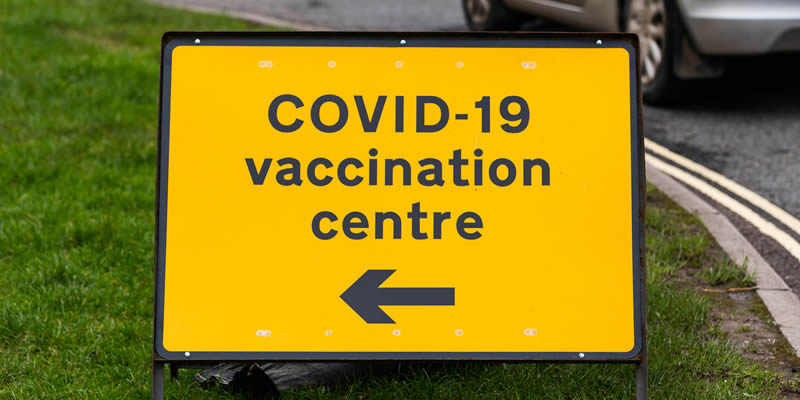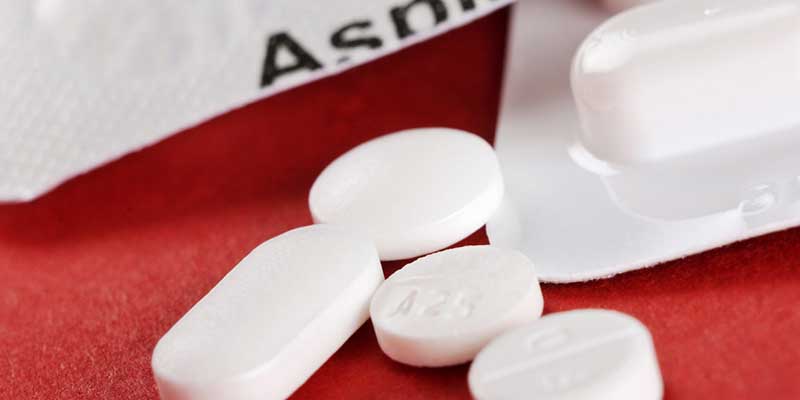According to Pfizer, unjabbed children aged 12 to 15 have a three per cent higher likelihood of catching COVID when compared to fully vaccinated 12- to 15-year-olds.
In the study last winter, only 2.7 per cent of the unvaccinated children tested positive for the coronavirus, while no children who were given the double dose tested positive for COVID-19.
The low quantity of unjabbed children who caught the virus, and the minimal risk of dangerous symptoms will likely restart the debate surrounding whether children should be vaccinated against the virus.
- Dog diagnosed with COVID-19 is ‘very rare’ case, top vet says
- COVID-19 can cause diabetes, experts find
Myocarditis, an uncommon form of heart inflammation, causes worries as it affects one in 24,000 12- to 15-year-olds who have had two Pfizer jabs.
In the United States, children aged 12 to 15 are now receiving two doses of the jab, yet the United Kingdom are giving this age group just one does due to the unknown real-world safety information, as children are more likely to get myocarditis after two doses.
Earlier this year, it was reported that less than 40% of children in England aged between 12 and 15 were vaccinated.
More than 2,228 children between the ages 12 and 15 took part in Pfizer’s study, with half of the group receiving two Pfizer vaccines, while the other half were given placebos.
The team of researchers found that none of the double jabbed children tested positive for COVID-19, and just below three per cent of unjabbed children tested positive.
According to the academics, no serious safety concerns affected the children within six months after their second jab. Results were not affected by factors such as gender, race, weight, or underlying health conditions.
The 2.7% cannot accurately reflect the real-world as the risk of catching covid is influenced by case numbers and the behaviour of each individual. Yet, if 2.7% of the 61.6% of unjabbed children between the age of 12 and 15 in the UK catch the virus, that would cause 72,000 cases.
Albert Bourla, Pfizer’s Chairman and Chief Executive Officer stated that the results provide “further confidence” of the vaccine’s safety and effectiveness.
- Long COVID numbers ‘much lower’ than first predicted, ONS research shows
- Doctor requests examination into period changes as a result of COVID-19 vaccinations
Around one in 110,000 children will get myocarditis after one dose of the Pfizer jab according to UK Government data, however, previous analysis has found that for every one million vaccine doses, 150 coronavirus hospitalisations are prevented.
The Joint Committee on Vaccination and Immunisation (JCVI) have suggested that healthy older teenagers should get double jabbed as there are suggestions that 16- to 17-year-olds and 18- to 29-year-olds have a similar risk of myocarditis following their second COVID-19 vaccination.
It is the opinion of some people that children between 12- and 15-years-old would benefit more from catching COVID-19 rather than being vaccinated against the virus.
On the other hand, other studies indicate that you are more likely to develop myocarditis after being infected with the coronavirus.









